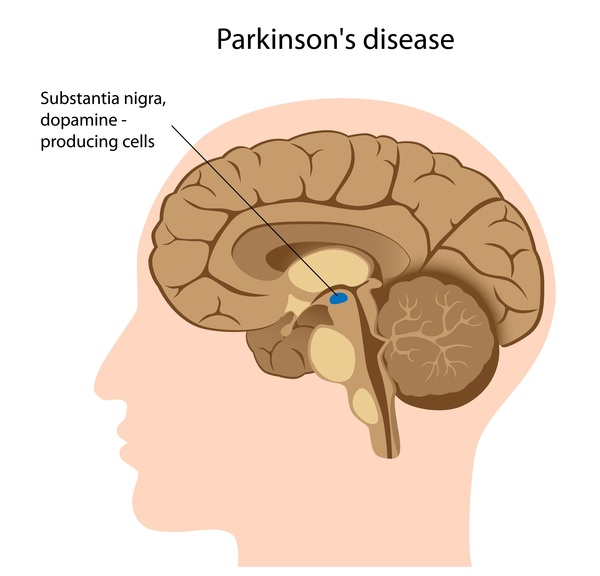Laughter Yoga Reduces Anxiety & Improves Sleep In Parkinson Patients

An Iranian study conducted on 24 Parkinson’s patients, divided into two groups - control and experimental, showed a significant drop in the anxiety levels as well as improvement in the sleep quality of the experimental group, which was exposed to laughter yoga exercises, thereby establishing that laughter yoga is beneficial as a complimentary therapy for such patients.
Parkinson’s disease is a chronic and progressive central nervous system disorder, which affects motor control and movement. The brain is unable to produce the chemical substance dopamine, a neurotransmitter which controls body muscle activities, thereby resulting in tremors, disbalance and other limiting physical symptoms. This obviously leads to mental stress and anxiety, making a person feel isolated and depressed. Overall, these factors affect the patient’s quality of life.
Laughter yoga can be an ideal alternative therapy, as it has scientifically been proven to increase dopamine as well as endorphins, all of which help to reduce anxiety and stress and improve movement. Another advantage of laughter is decrease of muscle tension. Doing laughter exercises, coupled with yoga breathing, decreases tension in the neck, shoulder and abdomen muscles, making it much easier to move.
Talking about insomnia and irregular sleep patterns of these patients, it is due to respiratory disorder. One of the benefits of laughter yoga is improvement of the respiratory system, as it provides exercise to the lungs and chest muscle, resulting in improved vital capacity and breathing. In normal breathing when person is relaxed, there is a balance between inhalation and exhalation.
In general, the study concludes that people who regularly practice laugh yoga exercises experienced improvement in their health, mental outlook and energy level. It helps induce feelings of happiness and alleviates depression. Therefore, it may be very valuable to include laughter yoga in the treatment programs for the well-being of these patients.
To read full study in detail click here.
Article courtesy: Bmrat.org

